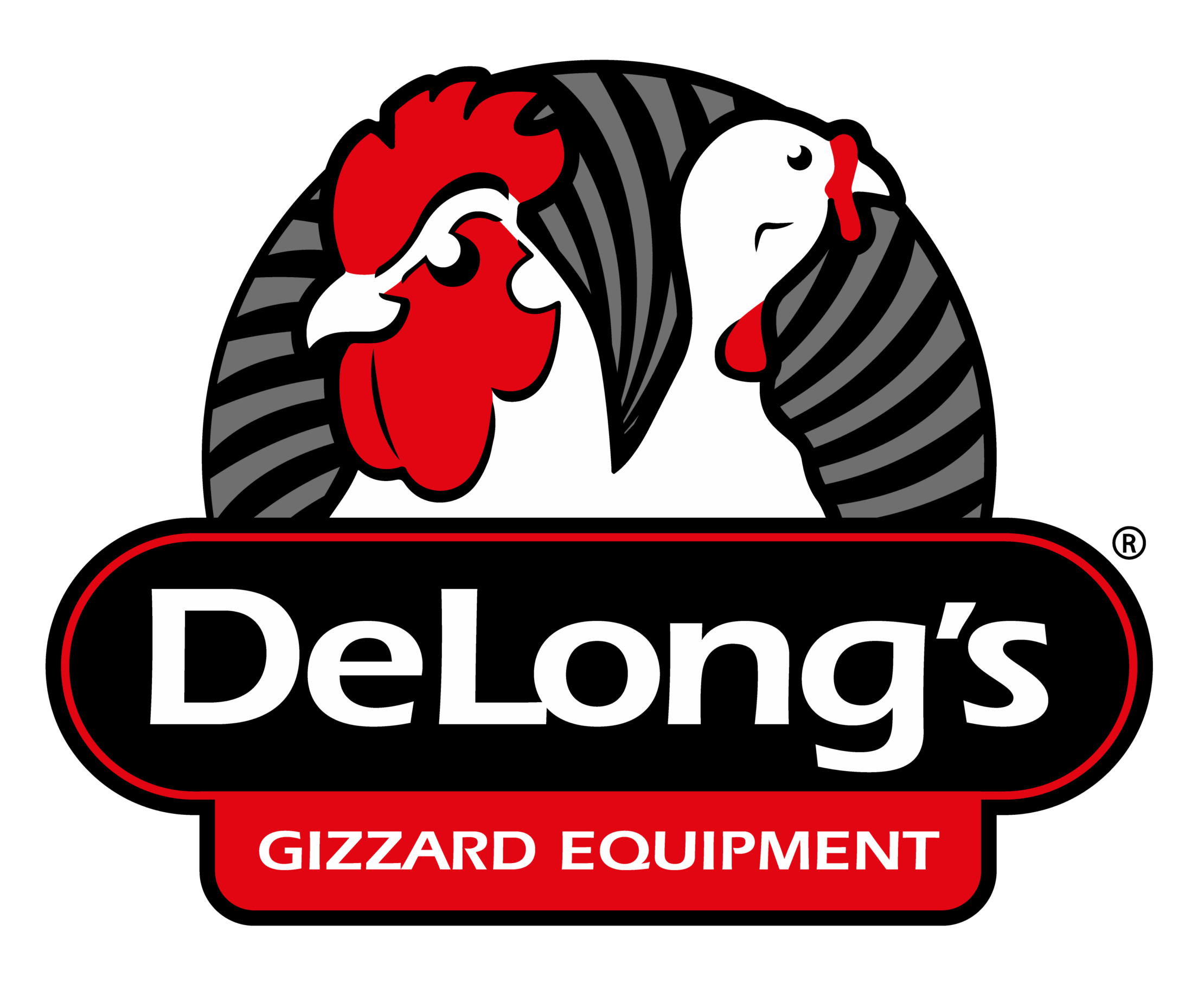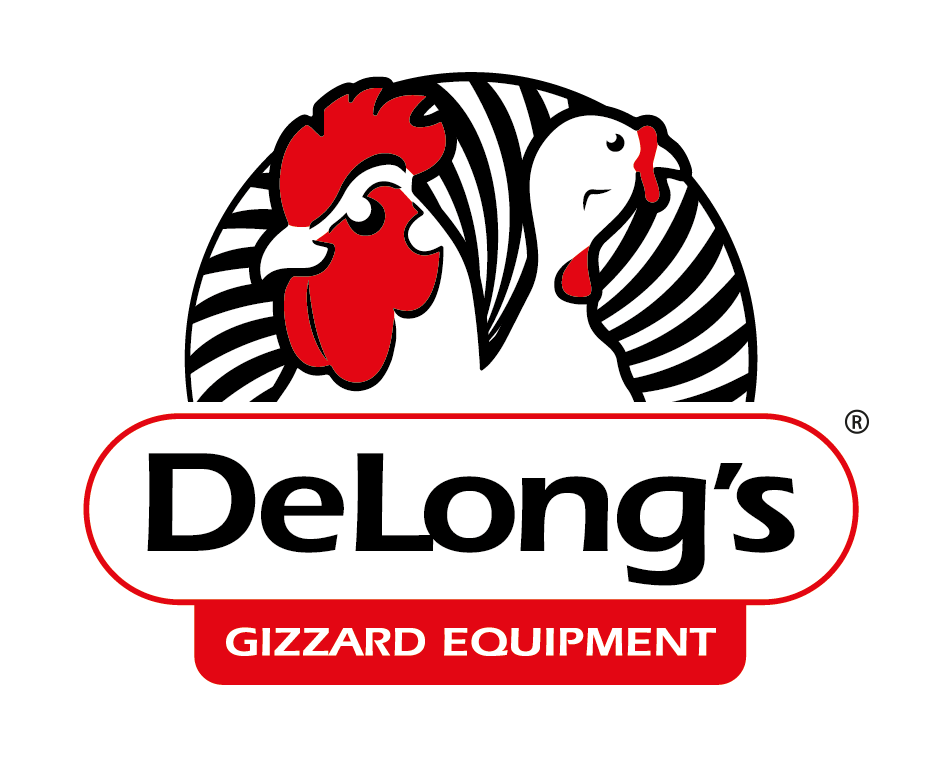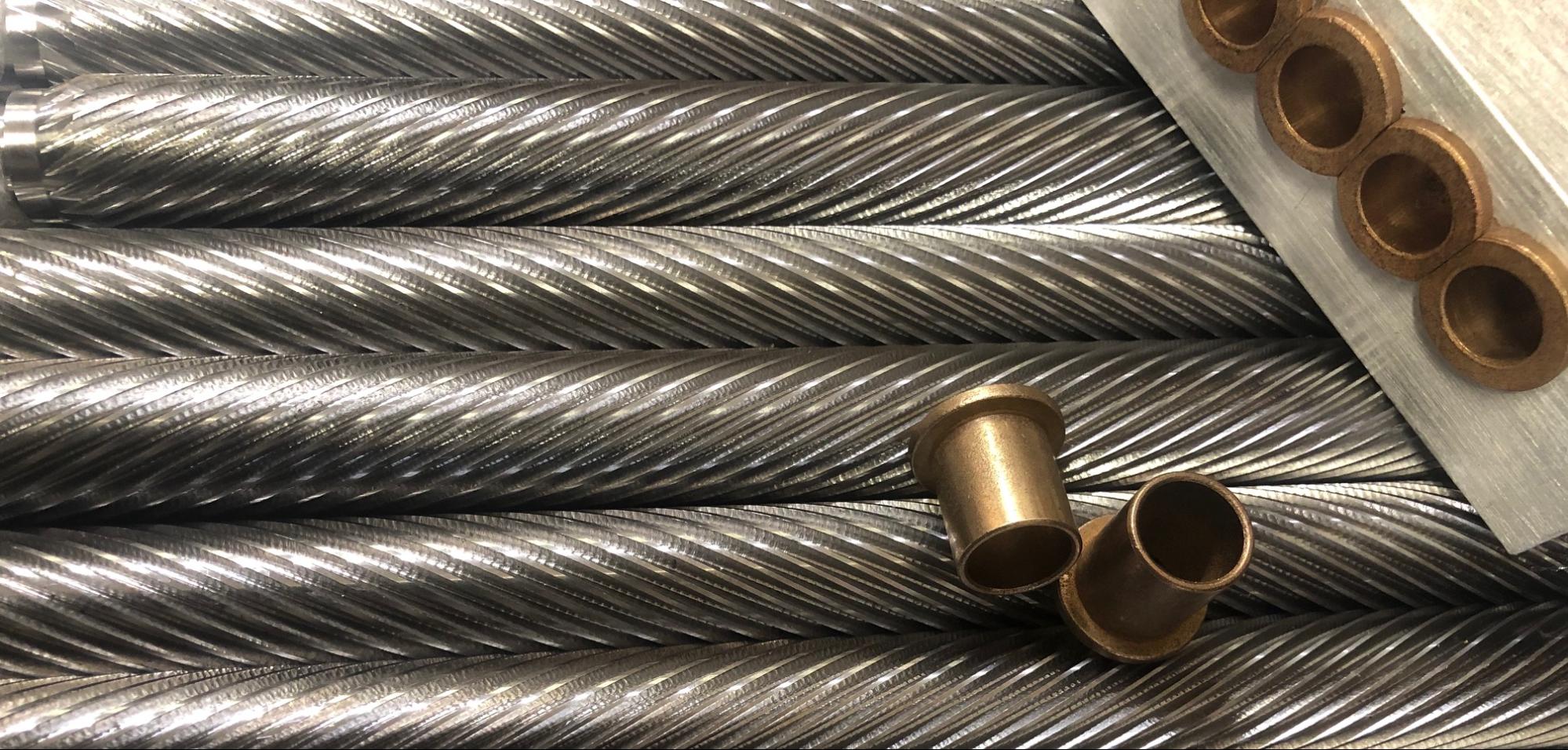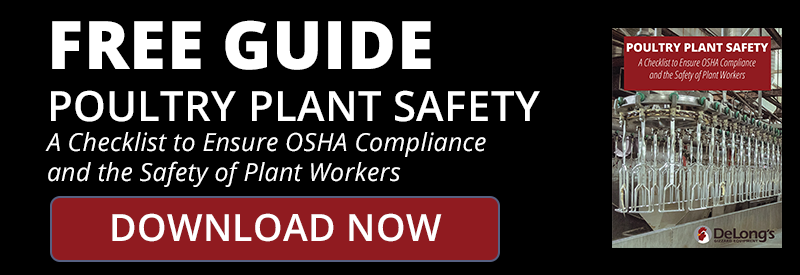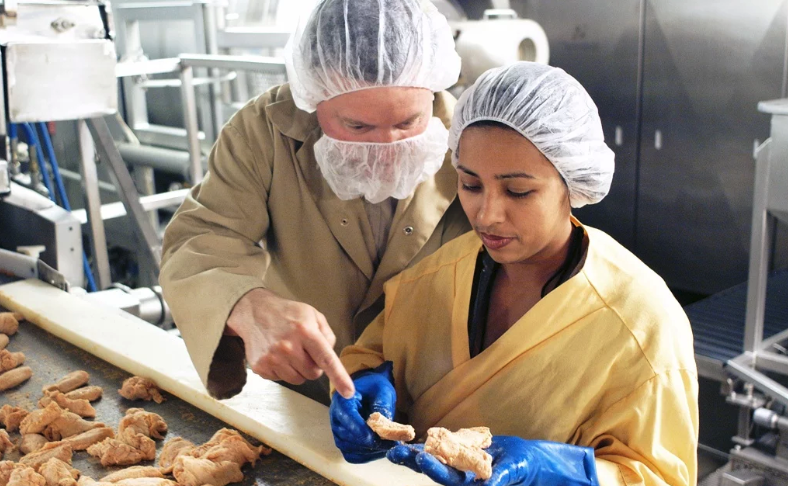
30 Apr The Do’s and Don’ts Of Proper Factory Attire In Poultry Processing Plants
Working in the poultry processing industry can be dangerous. Safety is the most important aspect to any activity, especially when working with complex machines and animal parts. There are many steps to staying safe in such an environment, from understanding the processes involved to just knowing what to wear.
The appropriate attire could save you from an injury, or even save your life. Every person who works where meat is handled should wear:
- Clean Light-Colored Working Clothes – Everyday clothes should not be worn in the factory. Working clothes should have no pockets, so that nothing accidentally falls in them and they don’t get caught on anything.
- Headgear – Must be easily cleanable. Hard hat and hair net if necessary. Hair should always be kept under control.
- Impermeable Boots – Necessary to keep fluids out of contact with your feet. They should be washed at key moments throughout the day: upon arrival, when leaving, and when changing work rooms.
- Ear plugs – High noise levels from machines can cause damage to the ears.
- Gloves – When handling raw meat or other potentially hazardous chemicals, protect your skin.
- Eyewear – Goggles or masks to keep from anything getting in your eyes.
Machinery Attire
Certain machinery, like our peeling rollers, require their own safety tips and dress code. These machines are designed to pinch and pull any loose material that come in contact with it. That being said, here are a few quick tips on what not to wear around the peeling rollers.
- No Gloves
- No Long Sleeves
- No Loose Shirts or Smocks
- No Long Fingernails
- No Loose Jewelry (necklaces, bracelets, dangling earrings, etc.)
Pass On The Glass
Glass is not to be brought into the processing room, with the exception of eyeglasses. Wear glasses with care; your glasses should fit snug and have their lenses checked to make sure they are securely fitting in their frames. If the lenses are loose or become loose they may not be worn.
Contacts sound like a good alternative to glasses, but they are not. Contact lenses should not be worn by production workers since they are nearly impossible to find if they fall out. People who wear contact lenses are also at a higher risk of bacterial infection because they often make direct contact with their eyes.
General Hygiene
General hygiene is extremely important when it comes to handling food. This includes caring for your body, and your clothing.
If you work with food, make sure you can check each of these off before you come to work each day:
- Clean clothes
- Hair restraint
- Short and clean fingernails
- Showered/Bathed
- In good health
- No strong perfumes or aftershaves
- No open wounds
These might sound like common sense, but it is necessary to emphasize the importance of good hygiene. Workers should think of their clothes like they do their hands, and wash them each time they get dirty. Dirty clothes can compromise safety in the workplace.
Safety is the Number One Priority
When working in the food industry, you are putting not only yourself in danger, but also anyone who may come in contact with your work. That being said, it is very important to take safety and health guidelines very seriously. Poultry plant injury statistics have been dropping, and we hope that the more educated poultry plant workers are in safety practices, the more the injury statistics will continue to drop. For more information on safety tips in the industry, or using our machines check out our latest free guide, Poultry Plant Safety.
